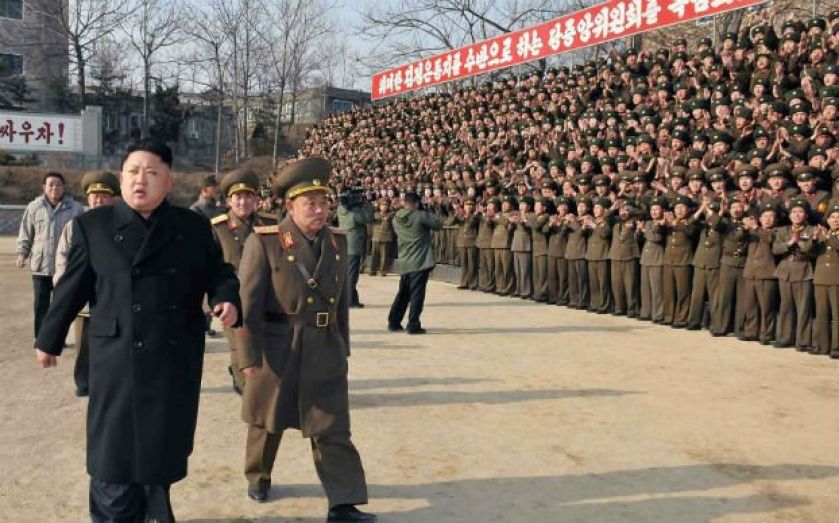North Korea praises Sony hack as a “righteous deed” but denies involvement

North Korea has denied it was behind a cyber attack on Sony Pictures over the studio’s new movie release which depicts an assassination attempt on the country’s leader Kim Jong-Un.
The secretive country failed to distance itself from the attack which caused huge amounts of highly sensitive information to be leaked, praising the attack and calling it a “righteous deed."
The film has been described as an “act of terrorism” by Pyongyang, but according to state-run news agency KCNA, a top person in the military said it was “wild rumour” that it orchestrated the attack.
"The hacking into Sony Pictures might be a righteous deed of the supporters and sympathisers with the DPRK in response to its appeal," the report said, using the official DPRK acronym for North Korea. The country had “called on the world” to defend it from upcoming film The Interview, starring Seth Rogan and James Franco.
A hacker group calling themselves Guardians of Peace has claimed responsibility for the attack which led to 40 gigabytes of data being leaked online, revealing social security details and salaries of staff, film and TV scripts, entire unreleased movies, a file containing passwords with the filename “passwords” and staff comments about actor Adam Sandler.
The hackers claim they have 100 terabytes of data in total from the hack and have threatened to release more information.
The FBI is working with Sony to investigate the incident and attempt to identify the culprits. In a memo to staff, Sony executives called it a “brazen attack” saying “This theft of Sony materials and the release of employee and other information are malicious criminal acts, and we are working closely with law enforcement.”
“While we are not yet sure of the full scope of information that the attackers have or might release, we unfortunately have to ask you to assume that information about you in the possession of the company might be in their possession. While we would hope that common decency might prevent disclosure, we of course cannot assume that,” the memo added.